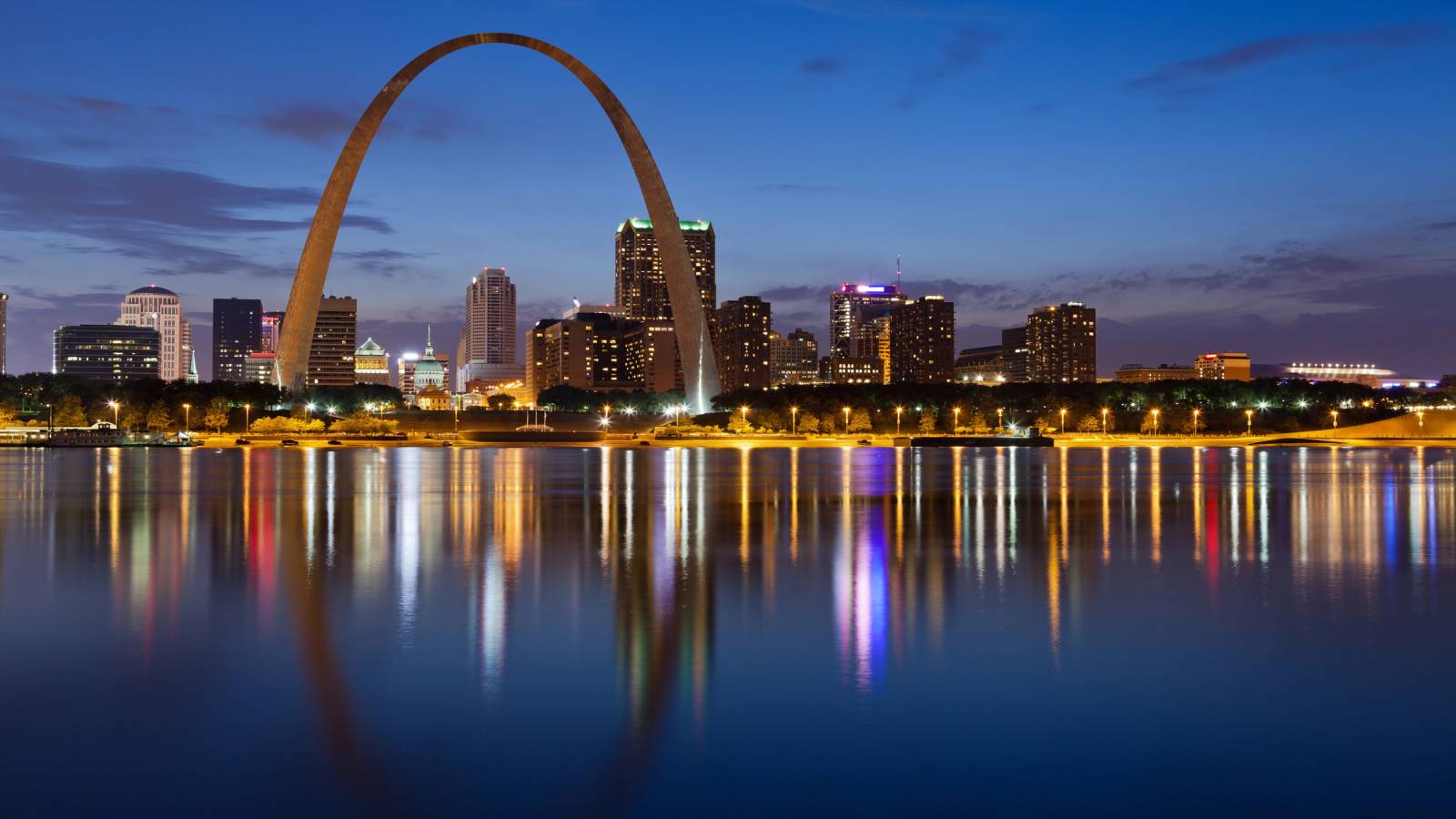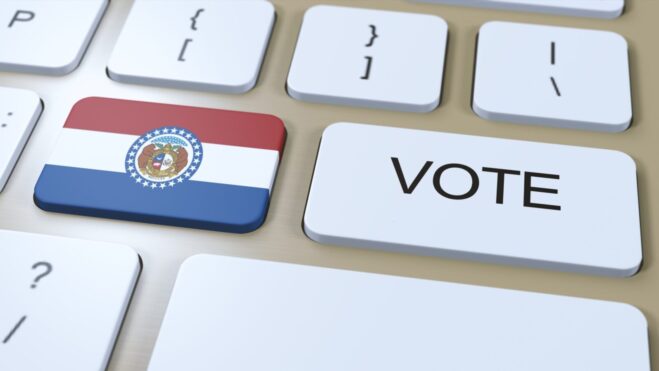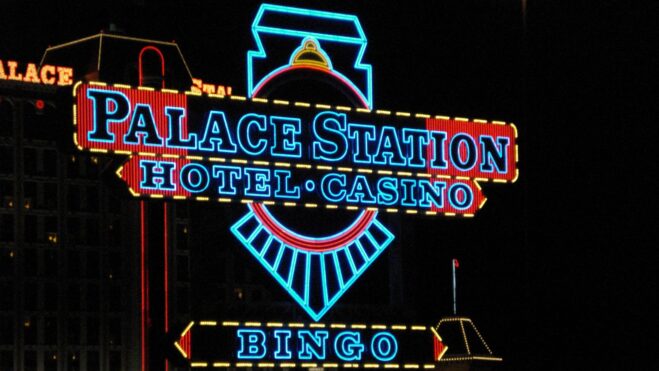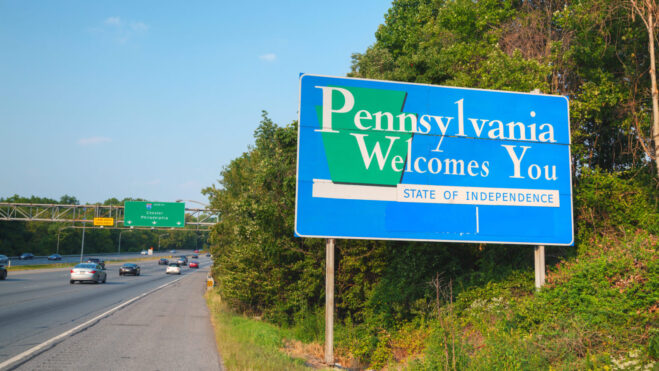Missouri House Committee Holds Hearing On VLTs, Sports Betting As End Of Legislative Session Approaches
A Missouri House committee discussed HB 2835, a bill that looks to legalize sports betting and regulate VLTs in the state.
2 min

In what could prove a pivotal session of the Missouri Special Committee on Innovation and Technology (MSCIT), Tuesday afternoon’s hearing included discussion of House Bill 2835, spearheaded by Rep. Crystal Quade of District 132. The bill, which covers sports betting legalization and the regulation of video lottery terminals (VLTs), drew spirited conversation among committee members and stakeholders.
Rep. Quade, the first to speak on the topic during the hearing — which lasted approximately 38 minutes — emphasized the importance of engaging in meaningful dialogue on the proposed legislation.
Central to the bill is the integration of Nebraska’s regulatory framework for “mechanical amusement devices,” a term the bill uses to refer to VLTs. HB 2835 borrowed from Nebraska’s guidelines, aiming to streamline operations and address longstanding ambiguities surrounding the gaming machines.
Throughout the hearing, attendees presented diverse perspectives on the bill’s provisions. Ron Leone, representing the Missouri Petroleum and Convenience Association (MPCA), voiced opposition to certain aspects of the legislation, particularly clauses restricting the deployment of VLTs in proximity to casinos or schools. He didn’t assert that he opposed the distancing measures, but instead, feels that they don’t go far enough to protect children or provide adequate responsible gambling measures.
In addition, Leone underscored the association’s stance in favor of broad authorization and reasonable regulation of VLTs across different types of retail outlets. He also feels, in representation of the MPCA, that HB 2835 needs improved clarity on certain language before seeking approval.
Back and forth
Timothy Faber, representing himself, also advocated for transparency in legislative language and expressed concerns over the bill’s complexity. Highlighting sections pertaining to game approvals and payout mechanisms, Faber urged for greater accountability and public scrutiny in shaping gambling policies.
He also pointed out that the Missouri legislative session is coming to an end on May 17. Therefore, any attempt to push through a vote on a 35-page bill in the next 2½ weeks could produce mistakes in the final language.
Much of the discussion centered on VLTs, but there was some input on sports betting as well. Arnie C. “AC” Dienoff, a self-described public advocate, echoed sentiments of urgency in embracing sports betting legalization to harness tax revenues for public services. Dienoff emphasized the need for Missouri to remain competitive with its neighboring states and underscored the economic benefits associated with regulated betting.
Mike Winter, representing the Missouri Gaming Association, cautioned against conflating sports betting with VLT regulations, citing potential adverse effects on established casino operations. Winter stressed the importance of preserving a level playing field and protecting existing investments within the state’s gaming industry.
Andy Arnold of VLT company J&J Ventures also acknowledged the complexities surrounding the bill, oscillating between support and apprehension. Arnold underscored the potential for job creation and revenue generation but highlighted existing gaps in the proposed legislation that warrant further refinement.
While acknowledging the bill’s ambitious scope and potential economic benefits, concerns were raised regarding its intricate provisions and the need for meticulous scrutiny in aligning regulatory measures with broader policy objectives.
The committee adjourned the meeting without serious discussion of next steps for HB 2835. As this hearing was just one step in the approval process, and opposition remains vocal, approving the bill by May 17 is going to be a challenge.





